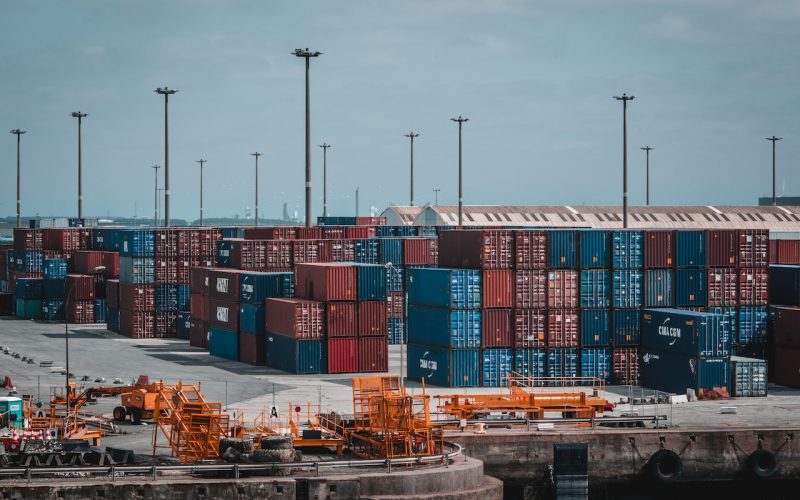Introduction: The Era of Disruptions and Transformation
The LiveXchange conference took place at a time when global supply chains are being challenged by unprecedented disruptions. From natural disasters and geopolitical tensions to evolving consumer expectations, businesses must confront a new reality. The conference emphasized that embracing disruptions as catalysts for transformation is essential for global supply chains to thrive.
2. Embracing Change: A Shift in Mindset for Global Supply Chains
LiveXchange emphasized the importance of adopting a mindset that embraces change and sees disruptions as opportunities. By shifting perspectives, businesses can view disruptions as moments to reimagine supply chain strategies, explore new technologies, and foster innovation. Embracing change allows businesses to stay ahead of the curve and transform challenges into competitive advantages.
3. Building Resilience: Navigating Through Uncertainties
Resilience emerged as a key theme at LiveXchange. Building resilient supply chains involves developing strategies to withstand disruptions and quickly recover from them. The conference emphasized the importance of risk management, contingency planning, and diversification of suppliers and logistics networks. Resilient supply chains are agile, adaptable, and well-prepared to navigate uncertainties.
4. Agility and Adaptability: Key Traits for Global Supply Chains
Agility and adaptability are crucial for global supply chains to thrive in a rapidly changing environment. LiveXchange highlighted the need for supply chains to be flexible, responsive, and able to pivot quickly. By embracing agile practices such as real-time demand forecasting, lean inventory management, and collaborative decision-making, businesses can seize opportunities and mitigate risks.
5. Harnessing Technology: The Power of Digitalization
Digitalization emerged as a driving force in redefining global supply chain strategies. LiveXchange emphasized the importance of leveraging technologies such as artificial intelligence, blockchain, Internet of Things (IoT), and data analytics. These technologies enable end-to-end visibility, predictive analytics, automation, and enhanced decision-making capabilities, empowering businesses to optimize their supply chains and create new value propositions.
6. Sustainable Practices: Balancing Efficiency and Responsibility
Sustainability played a pivotal role in the LiveXchange keynote. Businesses were urged to integrate sustainable practices into their supply chain strategies, striking a balance between efficiency and responsibility. From eco-friendly packaging and renewable energy sources to ethical sourcing and circular economy principles, embracing sustainability.











